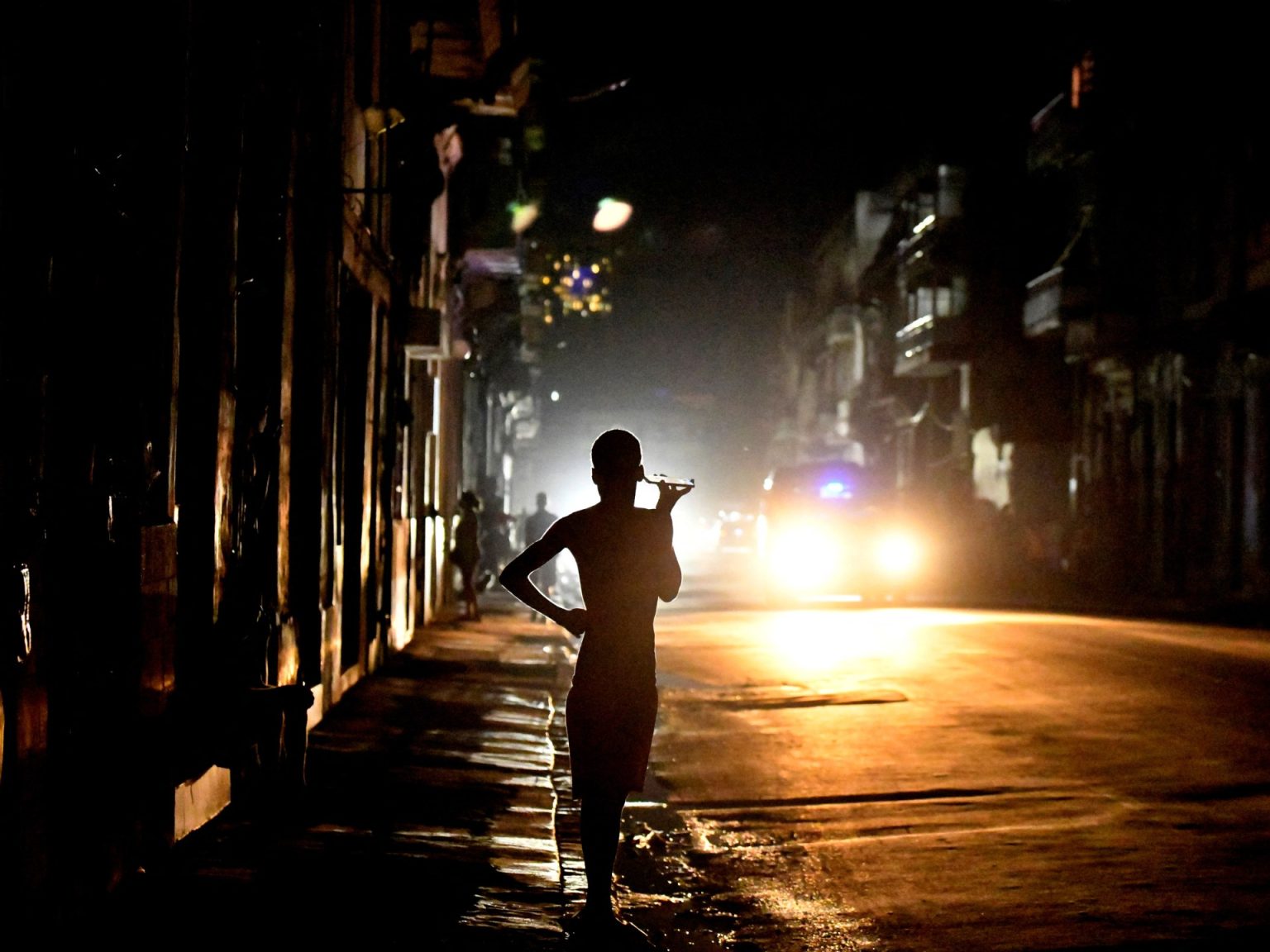Cuban authorities reported at least six deaths after Hurricane Oscar hit the island, causing widespread power outages and damage to homes. President Miguel Diaz-Canel addressed the situation on social media, stating that rescue efforts are ongoing. Efforts to restore power are underway, with Energy Minister Vicente de la O Levy expressing concern about the possibility of further system collapses due to fallen power lines. Havana, the capital, saw power restored to 90 percent of the city on Monday, but other areas are still without electricity.
Despite initial optimism, concerns remain about the sustainability of the power grid in Cuba. The recent blackout, which affected the entire country, left many Cubans without access to essential services, leading to uncertainty and frustration among the population. Hurricane Oscar exacerbated the situation, with damage to infrastructure and power lines in eastern Cuba. Efforts to restore power are underway, with assistance offered by other countries, but the impact of the blackout continues to be felt across the island.
The prolonged blackout has raised concerns about potential instability in a country already grappling with economic challenges. President Diaz-Canel issued a warning against any acts of vandalism or disruption, urging the population to express their grievances peacefully. Previous protests in July 2021 highlighted public dissatisfaction with the government’s handling of crises, including shortages of essential items. As food supplies dwindle and residents struggle to cope with the effects of the blackout, tensions are running high in many communities.
Cuba’s power grid relies heavily on imported fuel for its aging oil-fired power plants, some of which have experienced breakdowns. Despite efforts to lease additional power sources, including floating generators, the country continues to face challenges in maintaining a reliable electricity supply. Diaz-Canel attributed the fuel shortages to the impact of the US trade embargo and the broader economic crisis facing the island. The situation has led to widespread frustration among the population, with many feeling disillusioned and desperate for change.
For many Cubans, the blackout and its aftermath have highlighted the difficulties of daily life in a country facing multiple crises. Residents like Anabel Gonzalez, who have been without power for days, are struggling to preserve food and maintain basic necessities. The protests in response to the blackout reflect a growing sense of frustration and discontent among the population, who are calling for improvements in living conditions and access to essential services. The ongoing challenges facing Cuba underscore the need for systemic reforms and support to address the root causes of the crisis.
As Cuba works to recover from the impact of Hurricane Oscar and restore power to affected areas, the government faces mounting pressure to address the underlying issues that have contributed to the recent crisis. Efforts to rebuild infrastructure, secure fuel supplies, and improve the reliability of the power grid are essential to prevent future blackouts and alleviate the suffering of the population. International cooperation and support will be crucial in helping Cuba overcome its current challenges and build a more sustainable and resilient energy system for the future.


